Sustainable Financing:
Building a Resilient Future

At NADBank, we are transforming the U.S.-Mexico border region by advancing projects that protect the environment and promote regional development through green and sustainable financing solutions.
Through the Sustainable Financing Framework, we assist public and private organizations build a resilient future focused on environmental and social well-being.
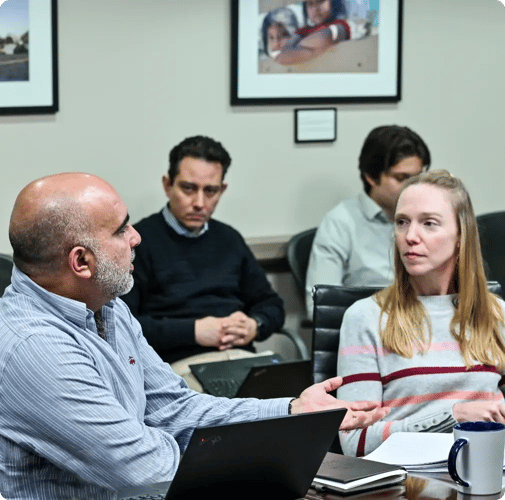
Green Financing:
Investments That Protect the Future
At NADBank, we understand that positive, long-lasting change begins with responsible and sustainable investments.
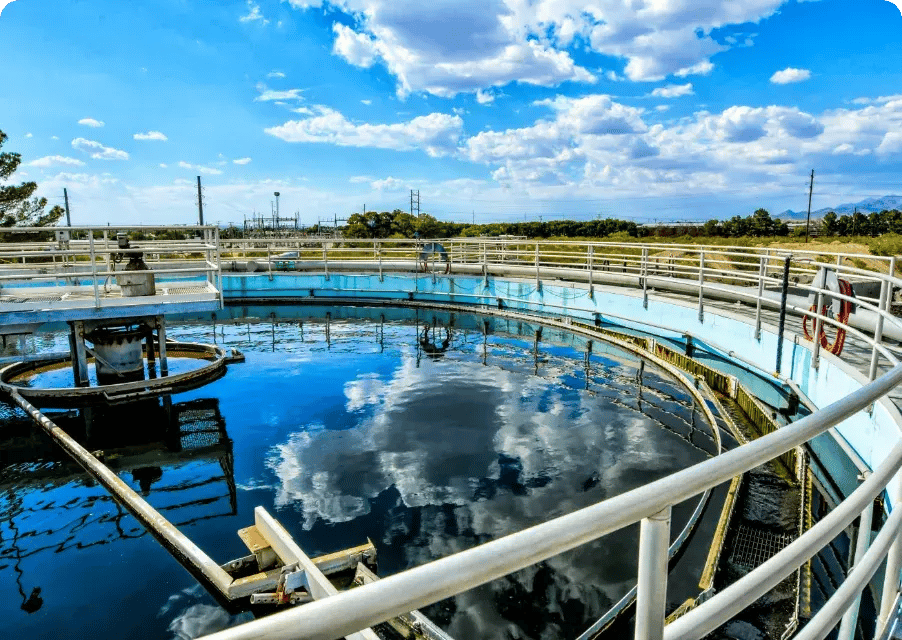
Green Loans
Green loans target projects that promote sustainability and improve efficiency in key sectors. We support initiatives that:
- Reduce emissions: From low-emission public transportation to clean energy projects.
- Promote resource efficiency: Such as optimizing water and energy use in various processes.
- Conserve and restore the environment: Through the recovery of natural resources and waste management.
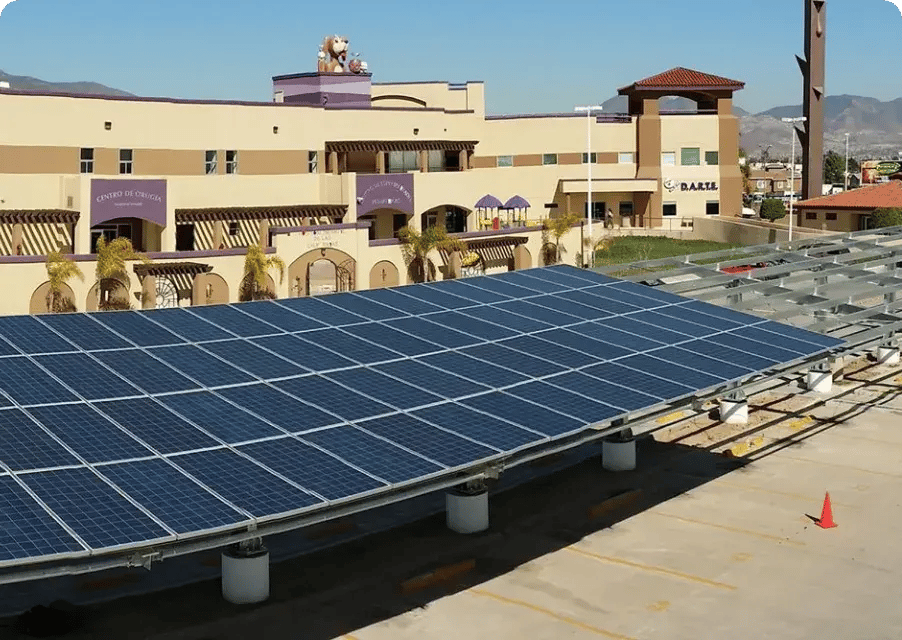
Green Bonds
We channel bond proceeds to projects that have a positive environmental impact, contribute to a low-carbon economy and offer sustainable returns. We ensure:
- Full transparency: Each bond is issued with clear environmental criteria and rigorous monitoring to report on the use of funds and the environmental impact of each project.
- Community benefits: Bond proceeds are allocated to projects that directly benefit communities in sectors such as air quality, water and waste management.
What projects are eligible?
Our eligibility criteria ensure that only high-impact environmental projects have access to green financing. Key areas include:
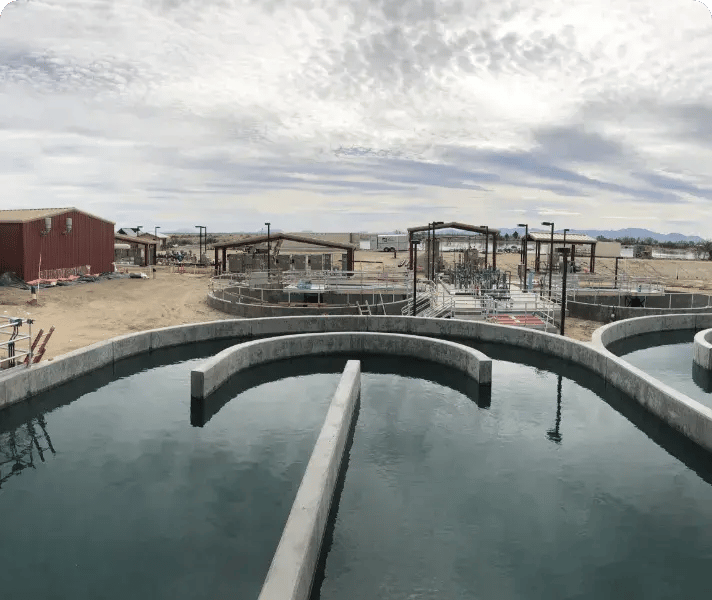
Drinking water and wastewater infrastructure
- Projects for drinking water treatment and distribution and wastewater collection and treatment.
- Desalination facilities and technologies for water conservation in areas under water stress.
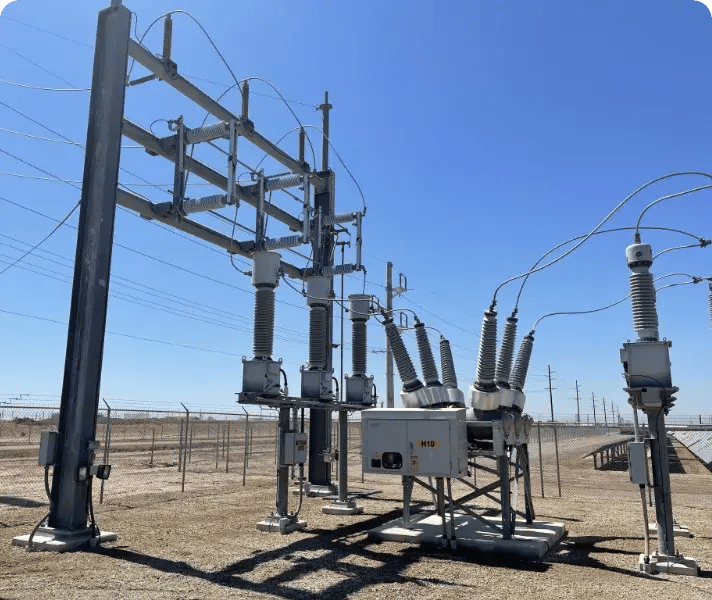
Renewable energy and energy efficiency
- Solar, wind and other clean energy sources that reduce reliance on fossil fuels.
- Improvements in energy efficiency in buildings, industries and public lighting to lower CO₂ emissions.

Solid waste management and recycling
- Solid waste collection, sorting and recycling projects, including organic waste.
- Composting and biogas facilities with systems that reduce methane emissions and promote a circular economy.
Why choose NADBank for your sustainable financing?
At NADBank, we have demonstrated our commitment to sustainable development in the U.S.-Mexico border region. Since 1994, we have financed more than 310 sustainable projects in priority areas, delivering measurable results and tangible benefits to the communities in the region.
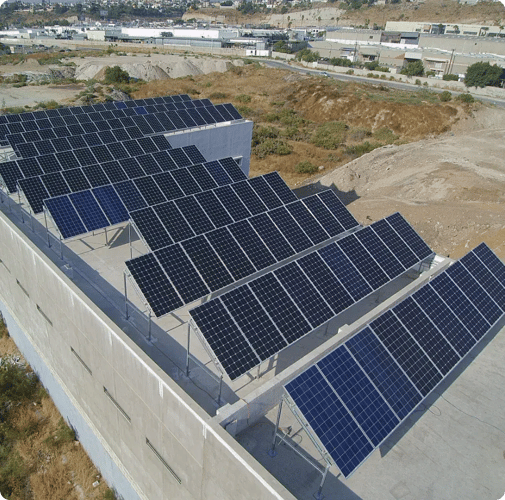
+6.9 m³/s in drinking water capacity
We have significantly increased the capacity and quality of drinking water, improving access to this essential resource for thousands of people in the region.
21.512 m³/s in wastewater treatment capacity
We have expanded and improved wastewater treatment capacity, contributing to a healthier environment for communities in the region.
4.5 million tons of CO₂ avoided annually
Thanks to renewable energy projects, we have reduced reliance on fossil fuels, equivalent to taking more than 969,000 vehicles out of circulation each year—a key factor in improving air quality, which benefits both human health and local economies.
41 communities with improved solid waste management
Improvements in waste collection, sorting and landfill infrastructure has transformed these communities by reducing pollution and protecting public health.
Sustainability Reports:
Transparency and Global Compliance
All our projects meet the highest international sustainability standards, aligned with the Sustainable Bond Guidelines (2021), the Green Bond Principles (2022) and the Social Bond Principles (2023) promoted by the International Capital Market Association (ICMA) or the Green and Social Loan Principles established by the Loan Market Association (LMA) .
We publish detailed impact reports to ensure that all funding invested is used efficiently and transparently.
Green Bond Impact Reports